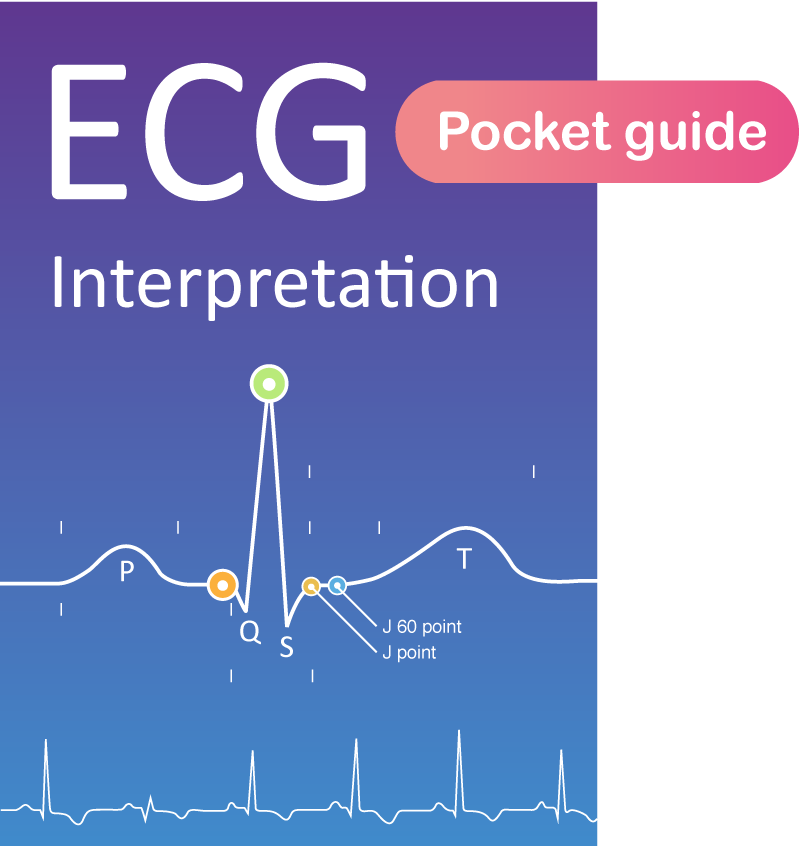Back to Book/course
Sudden Cardiac Arrest and Cardiopulmonary Resuscitation (CPR)
0% Complete
0/0 Steps
-
Introduction to sudden cardiac arrest and resuscitation4 Chapters|1 Quiz
-
Resuscitation physiology and mechanisms2 Chapters
-
Causes of sudden cardiac arrest and death2 Chapters
-
ECG atlas of ventricular tachyarrhythmias in cardiac arrest8 Chapters
-
Cardiopulmonary Resuscitation10 Chapters
-
Basic Life Support (BLS) in cardiac arrest
-
Arrhythmias before and during cardiac arrest
-
Advanced cardiopulmonary resuscitation (CPR) - Advanced cardiovascular life support (ACLS)
-
Interpretation of ECG after ROSC (Return of Spontaneous Circulation)
-
Care after return of spontaneous circulation (ROSC)
-
Short and long-term prognostication in cardiac arrest
-
Assessment of the pupillary reflex in cardiac arrest
-
Ultrasound (echocardiography) in cardiac arrest and resuscitation
-
Capnography (end-tidal carbon dioxide measurement, ETCO2) during cardiac arrest
-
Extracorporeal cardiopulmonary resuscitation (ECPR)
-
Basic Life Support (BLS) in cardiac arrest
-
Special Circumstances11 Chapters
-
Cardiac arrest in hypothermia (accidental hypothermia)
-
Cardiac arrest in hyperthermia and malignant hyperthermia
-
Cardiac arrest due to electrolyte imbalance
-
Cardiac arrest during pregnancy and childbirth
-
Cardiac arrest during sepsis
-
Cardiac arrest due to pneumothorax
-
Cardiac tamponade causing cardiac arrest
-
Cardiac arrest due to anaphylaxis
-
Cardiac arrest in intoxication (poisoning)
-
Cardiac arrest due to hypoxia and asphyxia
-
Traumatic cardiac arrest
-
Cardiac arrest in hypothermia (accidental hypothermia)
Section 4,
Chapter 1
In Progress
Sudden cardiac arrest: Case 1
Section Progress
0% Complete
Each recording presents two leads recorded simultaneously.
| Sex: Female | Age: 72 years | History: heart failure | Medications: digoxin, quinidine |








